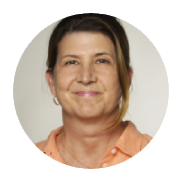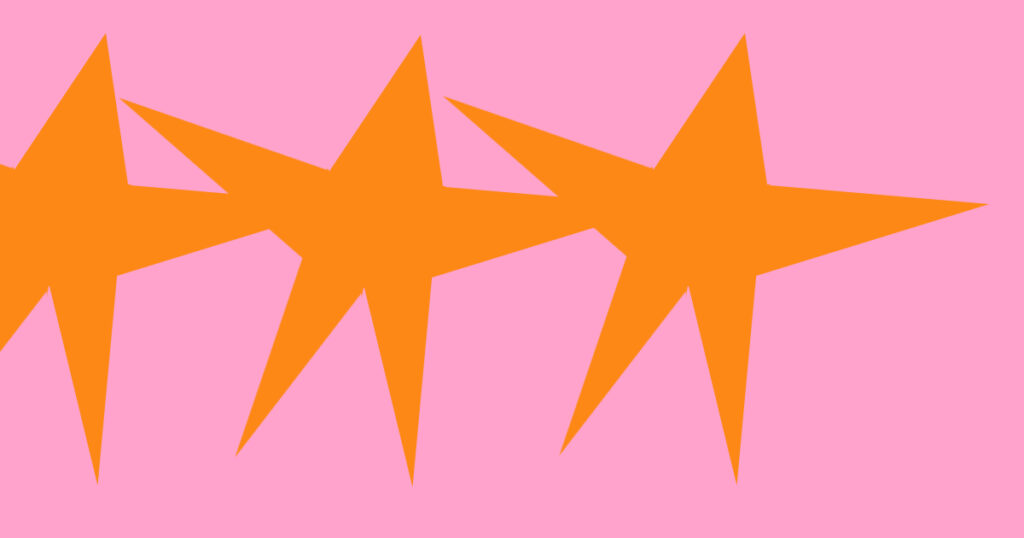(Updated April 2023.) I first started my self-experiments with nutritional therapy two decades ago, when internet searches for “XYZ deficiency symptoms” landed me on sites featuring iguanas, Yorkshire terriers, cockatiels, and, on one auspicious day, a Colin Farrell sex tape.
At the time, I was amused that veterinarians, ornithologists and herpetologists had put more effort into researching the effects of vitamin and mineral deficiencies on their patients than human doctors had.
Unfortunately, researching alternative health treatments still involves wading through a lot of crap. Here are some guidelines to keep in mind. If you have other suggestions, let me know.
Learn about your filter bubble
These TED talks cover the topic, which had its heyday about 10 years ago. The browser Duck Duck Go also offers tips on how to minimize tracking. And for the love of all that is holy, never, ever, ever click on a Livestrong link (more below). The more you click on content farm links in search results, the more such links you’ll get for your next search.
Try these search terms
replete, repletion, deplete, depletion, inhibits absorption of, competes with, hinders uptake of, orthomolecular, nutrition therapy, antagonist, side effects
Avoid content farms like the plague
Content farms are peddlers of mediocrity that employ writers to produce “articles” designed to answer internet search queries in order to generate high search engine results and thus enable them to charge more for ads. This is the only explanation for the existence of an article titled “Is ALS caused by zinc supplements?” At one point Google declared war on these “low-quality” sites but, no, they’re still among us.
The writers are often so mismatched to their assignment that they might very well have done the exact same search you’re doing to create the article you’re reading. Their output is sketchy, vague, extremely conservative, and often just flat-out wrong. I’ve seen vitamin B6 (pyridoxine) referred to as folic acid and micrograms confused with milligrams (a very big error, dosage-wise). One writer suggested a dose of 220 mgs of zinc a day when they were obviously referring to 22 mgs of zinc, a standard dose used by one of the largest brands. Okay, that last one might be a typo, but how many people would know that? Even I, who have achieved a Keith Richards-like tolerance to zinc megadoses, would balk at that amount.
Another tip-off that an article is from a content farm is the appearance of the same phrases on more than one site. I believe many so-called medical sites simply rent the same info database and just change the display design from site to site.
If you do find content farm info that seems to confirm a connection or theory that would be of great help to you — manganese toxicity and vampirism, let’s say — don’t act on it until you’ve found more evidence on another, more respected site.
A short list of content farms:
- Livestrong
- eHow
- Yahoo Answers
- Never mind, just use this guy’s list of content farms
Then again, I remember about.com’s thyroid section, thyroid.about.com, being perfectly reliable and useful when I was researching hypothyroid.
Don’t avoid a site just because it’s about a condition you don’t have
Autism, ADD, thyroid, etc. practitioners/sufferers/parents have often done a great deal of research on how nutrients affect the body. They are also very experienced in looking for answers outside of conventional medicine.
In general, countries with socialized medicine trump countries with industry-funded medicine
Searches used to take me to Brit, Aussie, New Zealand, and Indian sites a lot more than they do now. Do give those a look. But watch out for the Indian content farms, which are even more egregious than ours, although their English is more amusing.
Personal accounts are great
Accounts of individuals’ experiences and research can be very valuable. There are plenty of articulate people on this path whose personal experiments (and adherence to some semblance of the scientific method) have brought them useful insight and knowledge.
Here’s a quote about anecdotal info from one of my favorite bloggers, Monica Cassani at Everything Matters (formerly Beyond Meds). She’s actually talking about withdrawal from psychiatric drugs, but the statement applies to nutritional therapy, too.
“I’ve found, for better or worse, that it’s the organized patients online that know the most about withdrawal and will be the most cautious and give the best advice, though it too is sometimes flawed. Everyone is subject to their own particular dogmas since we are dealing in a world of anecdotes that lacks systemic study. That said, doctors have even less anecdotal experience because they simply have not dealt with the sheer volume of people that we who frequent these underground internet worlds have. I say this both as a person who has had to struggle to get good information and as a professional.”
Sandy Simmons’ website on Connective Tissue Disorder, now long gone, was one of the first personal sites I found. It contained a ton of info she accumulated during her investigations of her family’s health problems. It helped me on several occasions and inspired me to foist this opus upon the world.
Search and/or join online discussion or support groups
I’ve joined more than a dozen over the years — celiac, iodine, B12, pyroluria, heavy metal poisoning, and mold — as I investigated each topic. The info I found there was much better than I could find on my own. I’ve found though that the moderator can make or break a group. Do not bother with groups that allow bullying or insults. Nothing is worth that shit. With the increased anxiety about personal info being mined from these social media platforms, even in hidden or private groups, and especially on Facebook, more participants are looking to move to password-protected discussion platforms.
_______________
This content was first published in April 2011 and updated in February 2022 and April 2023.

Marjorie R.
Marjorie is the creator of AvoidingRx.com, a record of her and her guest authors’ experiences with non-prescription health solutions. She is a third-generation nutritional-therapy self-experimenter.





